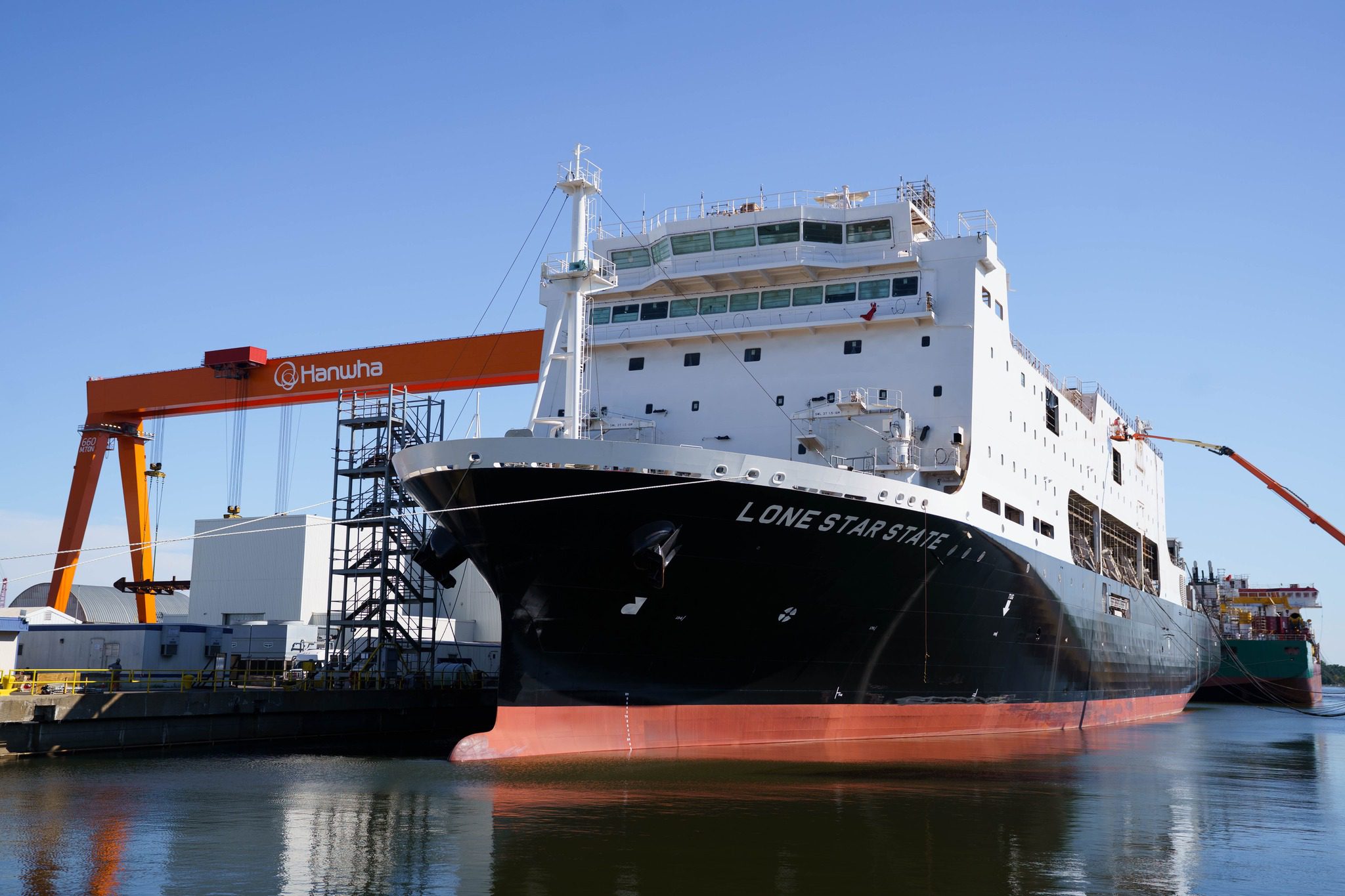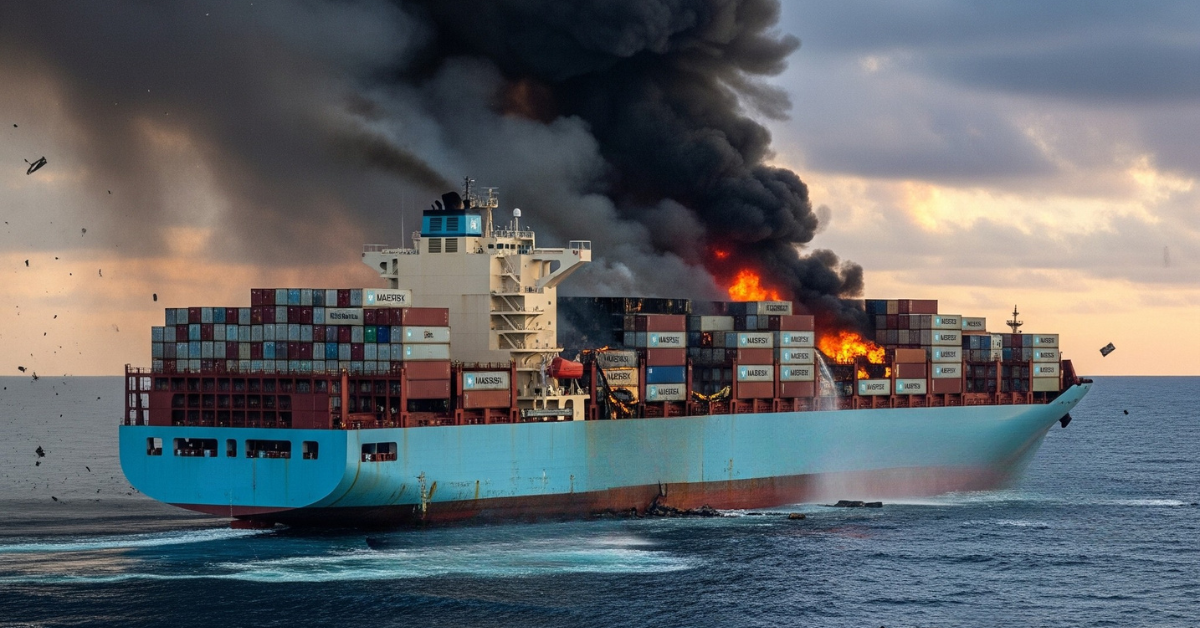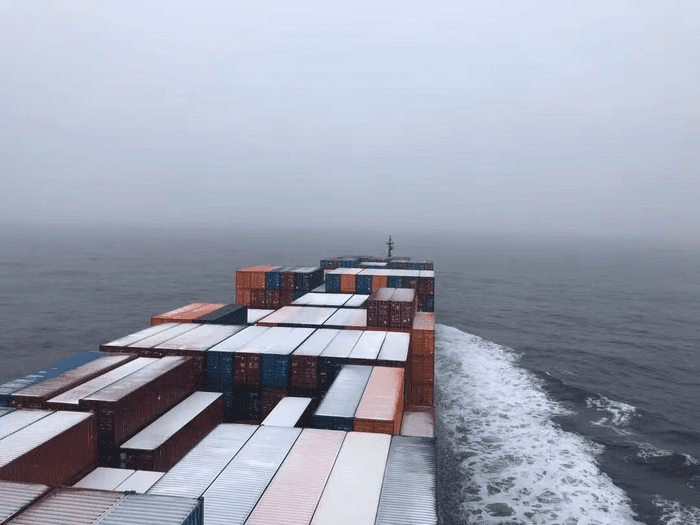NONE
none
none
none
none

Bộ Lao động Hoa Kỳ đã trao gần 14 triệu đô la cho hai tổ chức hàng hải để giúp đào tạo thế hệ tiếp theo của những người đóng tàu Mỹ, một động thái mà các quan chức cho biết là trung tâm của...

The U.S. Department of Labor has awarded nearly $14 million to two maritime institutions to help train the next generation of American shipbuilders, a move officials say is central to...

Explore the impact of the US court setting aside key FMC ruling – 46 C.F.R. 541.4 – and what it means for US customers..

Khám phá tác động của việc tòa án Mỹ hủy bỏ quy định quan trọng của FMC – 46 C.F.R. 541.4 – và ý nghĩa của điều này đối với khách hàng Mỹ.

Four external assets, including three tugboats and an offshore supply vessel with firefighting systems, arrived to support the operation.

Bốn phương tiện bên ngoài, bao gồm ba tàu kéo và một tàu cung ứng ngoài khơi với hệ thống chữa cháy, đã đến để hỗ trợ hoạt động.

Vận chuyển container qua Bắc Cực sẽ tăng mạnh vào năm 2026. Sau khi hoàn thành hành trình lần đầu tiên Bắc Cực Express từ Ningbo-Zhoushan, Trung Quốc đến Felixstowe, Anh trong thời gian kỷ lục 20 ngày đầu tháng này, nhà điều hành Trung Quốc Sealegend dự định thực hiện 16 chuyến đi qua Bắc Cực vào năm tới.

Container shipping via the Arctic is set for a massive boost in 2026. After completing the first-ever Arctic Express voyage from Ningbo-Zhoushan, China to Felixstowe, UK in a record 20 days earlier this month, Chinese operator Sealegend plans to conduct 16 voyages via the Arctic next year.

China’s EV exports surged 87% as price wars hit margins at home. From Mexico to Europe, Chinese automakers are reshaping global auto markets in 2026.

Xuất khẩu xe điện của Trung Quốc tăng vọt 87% khi cuộc chiến giá ảnh hưởng đến biên lợi nhuận tại quê nhà. Từ Mexico đến châu Âu, các nhà sản xuất ô tô Trung Quốc đang định hình lại thị trường ô tô toàn cầu vào năm 2026.

The e-CO was first introduced in Vietnam in 2018. Specifically, the e-CO system has been deployed on the platform of the Customs Department under the Ministry of Finance. This represents a significant step in promoting the use of digital technology and reducing paper-based procedures in the process of verifying the origin of goods.

Ban hành kèm Thông tư số 38/2015/TT-BTC ngày 25/3/2015 của Bộ Tài chính PHỤ LỤC II CHỈ TIÊU THÔNG TIN LIÊN QUAN ĐẾN THỦ TỤC HẢI QUAN ĐIỆN TỬ ĐỐI VỚI HÀNG HÓA XUẤT KHẨU, NHẬP KHẨU

PHỤ LỤC I (Ban hành kèm Thông tư số 39/2018/TT-BTC ngày 20/4/2018 của Bộ trưởng Bộ Tài chính) Thay thế Phụ lục II Thông tư số 38/2015/TT-BTC như sau: Phụ lục II CHỈ TIÊU THÔNG TIN LIÊN QUAN ĐẾN THỦ TỤC HẢI QUAN ĐIỆN TỬ VÀ CHẾ ĐỘ QUẢN LÝ ĐỐI VỚI HÀNG HÓA XUẤT KHẨU, NHẬP KHẨU (Ban hành kèm Thông tư số 38/2015/TT-BTC ngày 25/3/2015 của Bộ trưởng Bộ Tài chính)